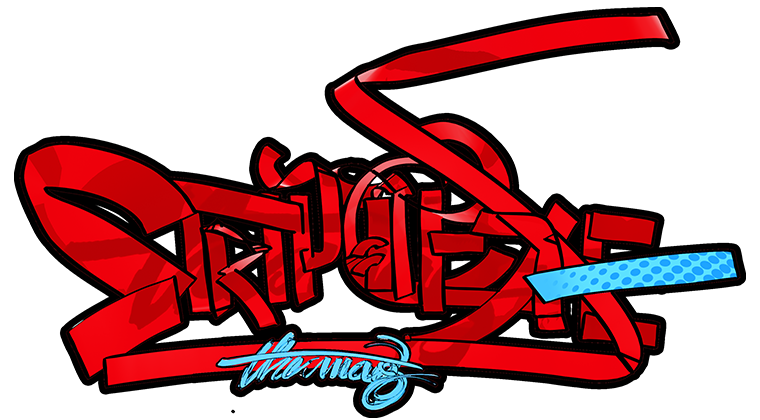Tales Ancient and Alluring
Indian mythology with a contemporary twist is turning into an old hat in the Indian comics’ scene. The characters of the Mahabharata and the Ramayana grow buffer, more superhero-y and get larger weapons to wage battles the 21st century audience wants to see. And these trends that package old and jaded tales to suit the tastes of the contemporary readers does not come as a surprise to anyone. For a comic to succeed, the most important thing to do is create characters who can not only intrigue readers to know more about them, but also characters who, like the comic giants, Superman and Batman, linger on for centuries, allowing the audiences to form bond that filters down through the generations. In the recently booming realm of Indian comics, while it is impossible to create a new character who can convincingly win the hearts of all readers in a short period of time, there are some characters who are blessed with superpowers and names that we all have fostered an undeniable familiarity with. Starting from tales narrated by grandmothers that lulled you to sleep, to Ramanand Sagar’s television shows of “epic” proportions, there has been little that has allowed you to not know much about the world of mythology.
But unfortunately, all these stories presented to us have been undeniably saccharine. Traced the well-known path the hero chooses to explore, with an anecdote or two thrown in to glorify their virtues and victories further. What remains shielded from our knowledge are the faces that are not just capable of acts of bravery and heroism, but also acts of devastation and destruction. And amidst such tales that glorify the good and shun the evil completely, The Skull Rosary is a breath of fresh air. Inspired by the Linga Purana, the graphic tales tackle the darker more destructive side of Shiva.
Written by Shweta Taneja, The Skull Rosary is a book about transgressions, things that are taboo or deviate from the norm. With so many stories about Shiva to choose from, Taneja had a plan in place when she had to choose just five for her book. “While choosing these five stories from Shiva’s extensive mythological story set, I wanted to select stories which talked about things that are either pushed away under the carpet or whispered, or hidden, not talked about. Stories about sex, incest, castiesm, murder, Oedipal complex, desire, lust. Our baser emotions that we don’t talk about, but that also kind of leak into our conscious world, once in a while, destroyed everything we know or create,” she smiles.
My first encounter with Taneja was “eventful”, to say the least. With one of my cats on an operating table and me unabashedly admitting that I am indeed jaded by the whole tried and tested path of mythological adaptations, it didn’t take her long to calm me down by offering me a peek into her latest release. Moving past the riot of colours on the cover page, the stark black and white art telling tales of gods and demons captured my attention. Not unfamiliar with Vivek Goel’s style of art, while it was a pleasure to absorb the divine and demonic nuances, a question about the lack of colour was also inevitable. “I have always loved black and white art,” Taneja offered as a response. “I think lack of colours shows you the bare bones of the illustrations, the good, the bad and even the ugly in starkness. Which is what The Skull Rosary is also about- revealing to you, in its entire complex layers the world and the universe, revealing its very starkness and cruelty and darkness and chaotic sides.”
Five stories- each exploring ideas of wrath, revenge, lust and incest, proved to me that some mythological tales not only introduce us to characters who are heroes in their own rights, but urge us, as well, to question prevalent societal rigidity which so convincingly chooses to quote religion for shaming anything remotely “unnatural”. After all, if crowds are exposed only to the saccharine goodness of a divine heart, they will never know about the tragedy or terror the divine is capable of. And if storytellers shy away from taking risks and present to us only the tales that are definitively good, could we ever come to terms with our dirty little secrets like Shiva did with his?





